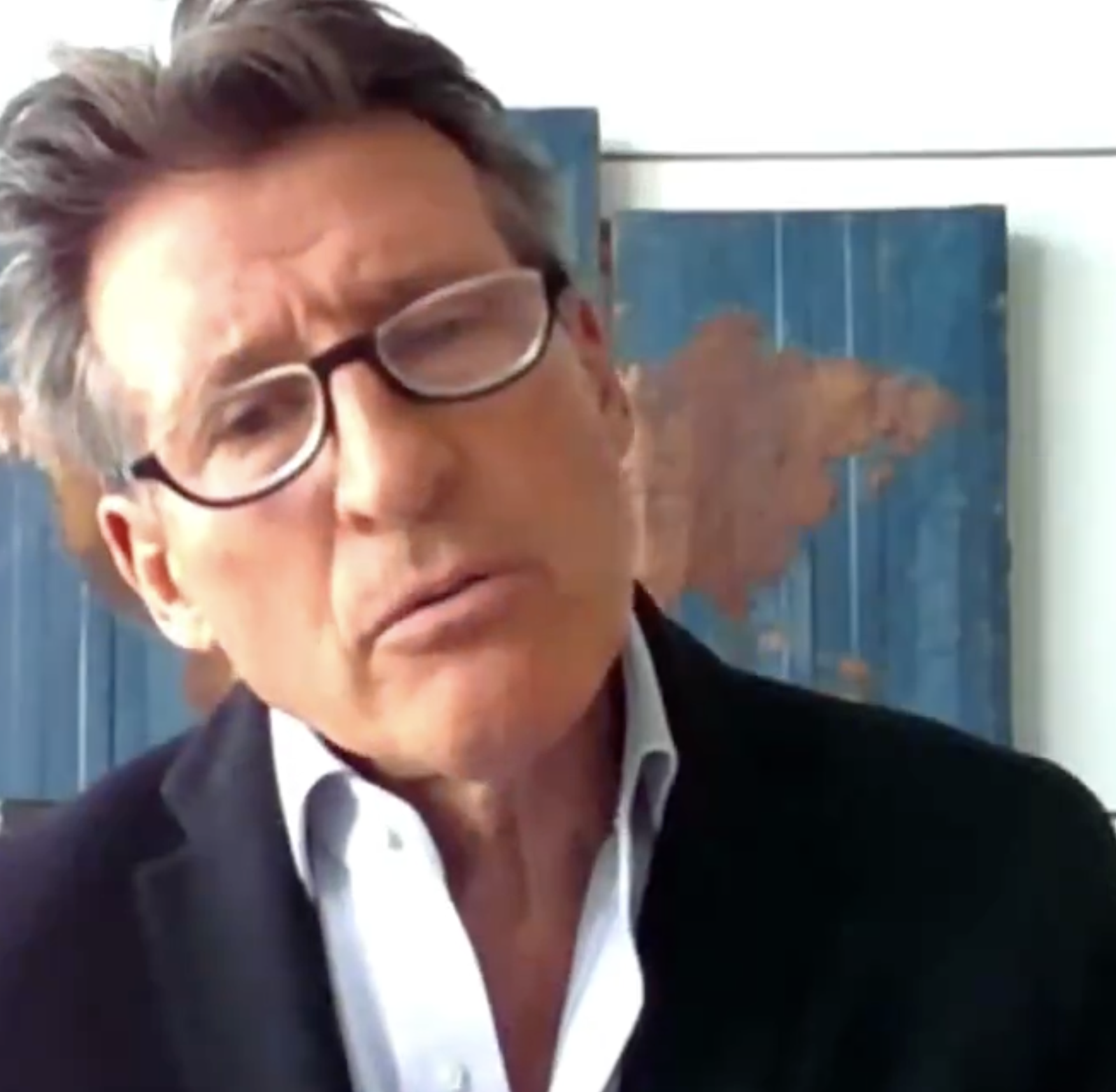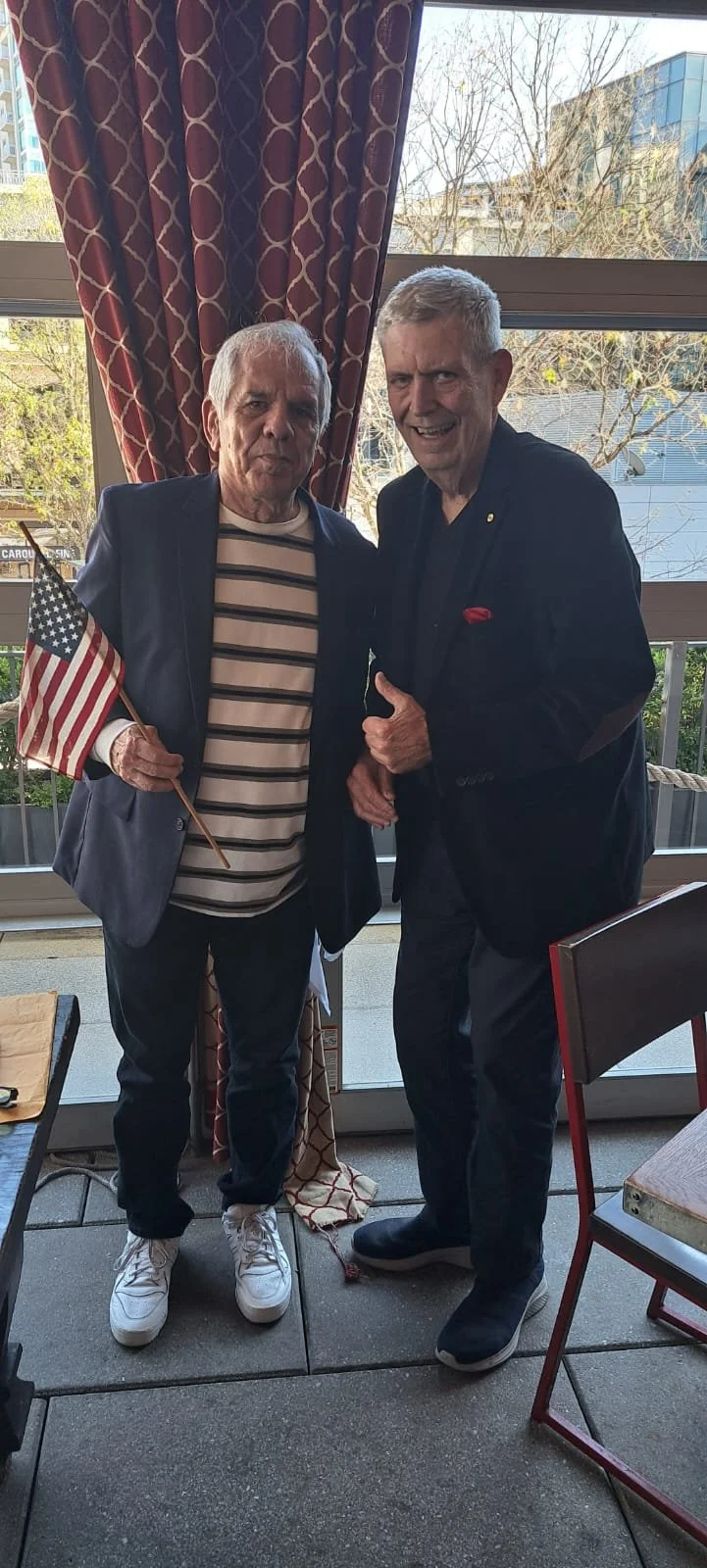From the get-go, there was never any question there was a substance in the Russian skater Kamila Valieva’s 15-year-old body that shouldn’t have been there.
The issues all along were: 1/ where did that substance, the banned substance trimetazidine, or TMZ, come from, 2/ and what to do about it, since she was 15, and in theory someone who is 15 ought not be treated the same under the rules, anyone’s rules, as someone who is, say, 32.
Put aside everything else – and there’s so much connected to the Valieva matter, which threatened to all but eclipse everything that wasn’t Valieva at the Beijing 2022 Winter Games – and those two keys make up the core of Monday’s Swiss-based Court of Arbitration for Sport judgment, which said those rules mean Valieva deserves to be treated like a grown-up.
So, it said, she got what she deserves, the usual: a four-year ban.
For, let’s note, a first offense.










